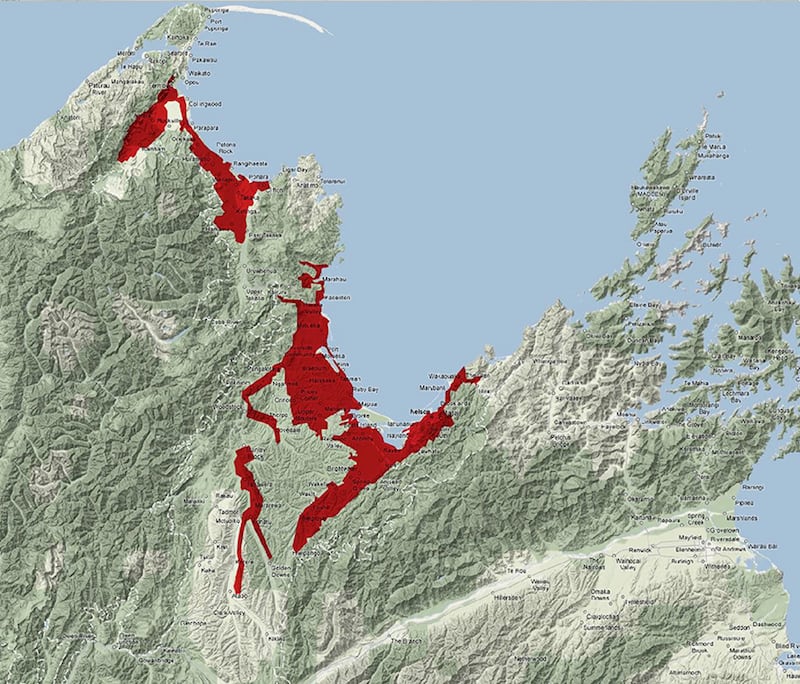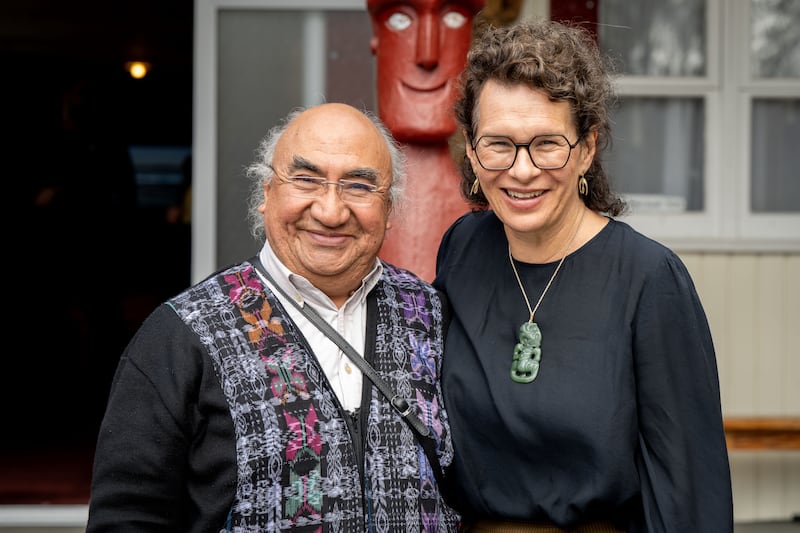South Island iwi have won a major legal victory for the return of land by the Crown.
The High Court has today decided in favour of the customary owners of the Nelson Tenths at the top of the South Island finding that property wrongly taken in breach of trust by the Crown, originally intended for the settlement of Nelson in the mid-1800s, must be returned along with compensation to the owners.
The exact form this relief would take was yet to be determined, the court said.

The decision in Stafford v Attorney-General was released by the court this afternoon.
Kerensa Johnston, project lead of Te Here-a-Nuku | Making the Tenths Whole, said the judgment upheld the rule of law and important property rights that applied to all New Zealanders.
“Our legal strategy has always been grounded in the belief that the Māori customary owners of the Nelson Tenths Reserves, as New Zealanders and as property owners, are entitled to the full protection of the law in the same way as any other person or group in New Zealand.”

“We are relieved that this right has been borne out today and that property wrongly taken in breach of trust law will finally be returned to its owners.”
Johnston said plaintiff and kaumātua Rore Stafford had fought the case through the courts for many years on behalf of the legal owners, with the Crown continually taking a hardline approach that no trust property should be returned.
Following the court’s ruling, she said the expectation now was for the Crown to accept the decision without further delays and denials.
“We’ve been fighting this case in some form for more than 180 years. It’s time now for the Crown to do the right thing, honour its clear legal duty and enable us, finally, to turn our energy to the opportunity and healing that this resolution offers for our region.”




